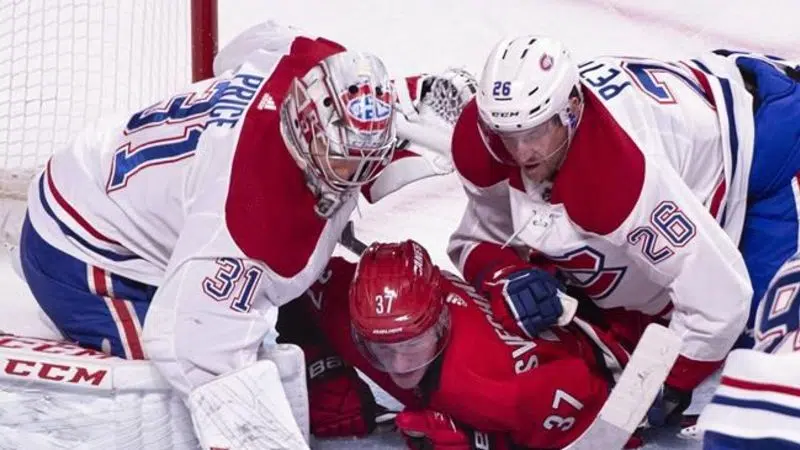
NHL called in Cree helps revive, sustain Indigenous language: hockey analyst
An NHL game called in Plains Cree is a step toward keeping Indigenous languages alive, says a hockey analyst.
Former NHL centre John Chabot will join play-by-play announcer Clarence Iron, musician Earl Wood and Cree teacher Jason Chamakese in a Winnipeg studio on Sunday.
The panel will provide commentary and analysis of a game between the Montreal Canadiens and Carolina Hurricanes for the Aboriginal Peoples Television Network.
